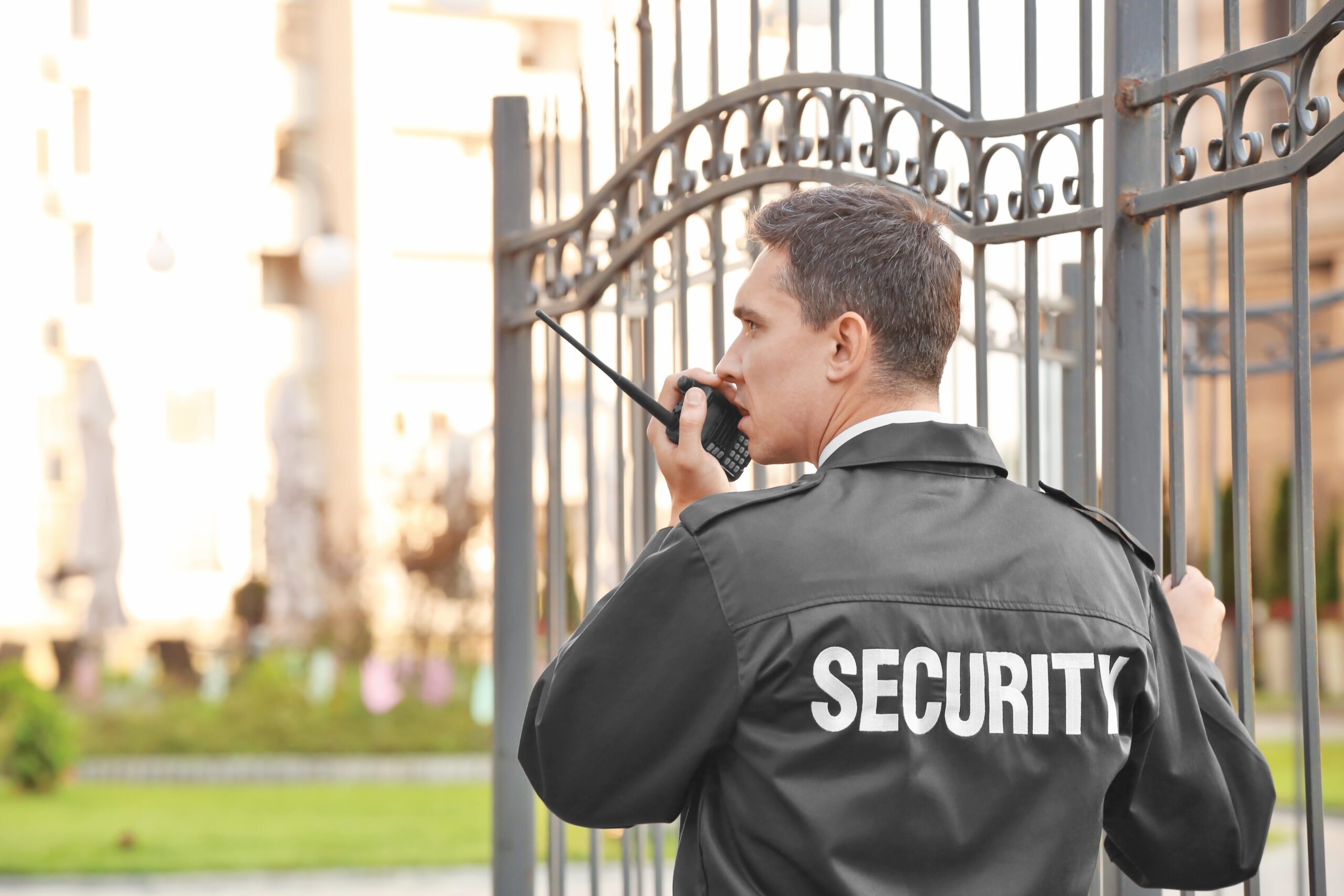In today’s world, the security industry plays a vital role in protecting people, property, and information. From private security firms to technology-driven surveillance systems, security has become more advanced and, at times, intrusive. While these advancements enhance our ability to protect, they also raise important ethical questions. How do we balance the need for safety with respect for privacy? How do we ensure accountability when security measures fail or overreach? These are complex issues, and as someone with experience in both law enforcement and private security, I believe they deserve thoughtful consideration.
This blog explores the ethical challenges faced in modern security and how professionals can navigate them while maintaining trust and integrity.
The Importance of Balancing Safety and Privacy
At its core, security is about ensuring safety. Whether it’s preventing crimes, deterring threats, or responding to emergencies, the goal is always to protect. However, achieving this goal often involves monitoring, surveillance, and other methods that may infringe on people’s privacy.
Take surveillance cameras, for example. They’re a powerful tool for deterring theft, capturing evidence, and maintaining order. But their widespread use in public spaces can make people feel like their every move is being watched. Similarly, advancements in technology—like facial recognition software and data tracking—allow for unprecedented levels of monitoring, but they also open the door to misuse and abuse.
As security professionals, it’s our responsibility to strike a balance. We must use these tools judiciously, ensuring that they’re applied in ways that enhance safety without crossing ethical boundaries. That means respecting individuals’ rights to privacy and avoiding invasive practices unless absolutely necessary.
Transparency and Accountability
One of the biggest concerns in modern security is accountability. When security measures fail or when they overstep ethical boundaries, who takes responsibility? This question becomes even more pressing when technology is involved, as it can sometimes create a sense of detachment or anonymity.
For instance, if a security system wrongly identifies someone as a threat due to faulty facial recognition software, who is held accountable? Is it the technology provider, the operator, or the organization that implemented the system? These scenarios highlight the need for clear accountability measures in security operations.
Transparency is key to building trust. Organizations must be open about how security measures are used, what data is collected, and how it’s stored and protected. Additionally, there should be clear policies in place to address mistakes or abuses. This includes providing avenues for individuals to raise concerns or dispute actions taken against them.
Ethical Challenges in Private Security
Private security often operates in spaces where the line between public and private interests can blur. For example, security personnel may be hired to protect private property, but their actions often intersect with public safety. This can create ethical dilemmas, especially when it comes to enforcing rules or making decisions that impact people’s lives.
One challenge I’ve faced in private security is balancing the client’s interests with ethical obligations to the broader community. For example, if a client requests increased surveillance in a residential area, it’s important to consider the impact on the residents. Will they feel safer, or will they feel like their privacy is being invaded? How can we communicate with the community to ensure their concerns are addressed?
Another ethical issue is the use of force. While security professionals are trained to handle situations calmly and professionally, there are times when force becomes necessary. However, the decision to use force must always be measured and proportionate. Excessive force not only undermines trust but can also lead to legal and ethical repercussions.
Promoting Ethical Practices
So how can the security industry promote ethical practices while meeting the growing demand for safety? Here are a few principles that I believe can guide the way:
- Education and Training
Ethics should be a core component of every security professional’s training. This includes understanding legal boundaries, respecting privacy, and learning how to de-escalate situations without resorting to force. - Emphasizing Accountability
Security firms and professionals must hold themselves accountable for their actions. This includes having clear protocols for addressing complaints, conducting regular audits, and being transparent about operations. - Engaging with Communities
Building trust with the communities we serve is essential. This involves open communication, listening to concerns, and working collaboratively to develop security measures that respect both safety and privacy. - Leveraging Technology Responsibly
While technology can enhance security, it must be used responsibly. Organizations should implement safeguards to prevent misuse and ensure that systems are regularly reviewed for accuracy and fairness. - Leading by Example
As security professionals, we set the tone for how security is perceived. By acting with integrity, respecting individuals’ rights, and upholding ethical standards, we can foster trust and confidence in the industry.
Final Thoughts
The ethics of modern security are not black and white. As the industry evolves and new challenges emerge, security professionals must navigate complex situations with care and responsibility. Balancing safety with privacy, ensuring accountability, and maintaining trust are all essential components of ethical security practices.
For me, the key is to always put people first. Whether protecting a client, safeguarding a community, or implementing new technologies, it’s important to remember that security is ultimately about serving others. By staying grounded in this purpose and adhering to ethical principles, we can create a safer, more respectful, and more accountable security industry.
In the end, ethical security isn’t just about what we do—it’s about how we do it. And that “how” makes all the difference.
